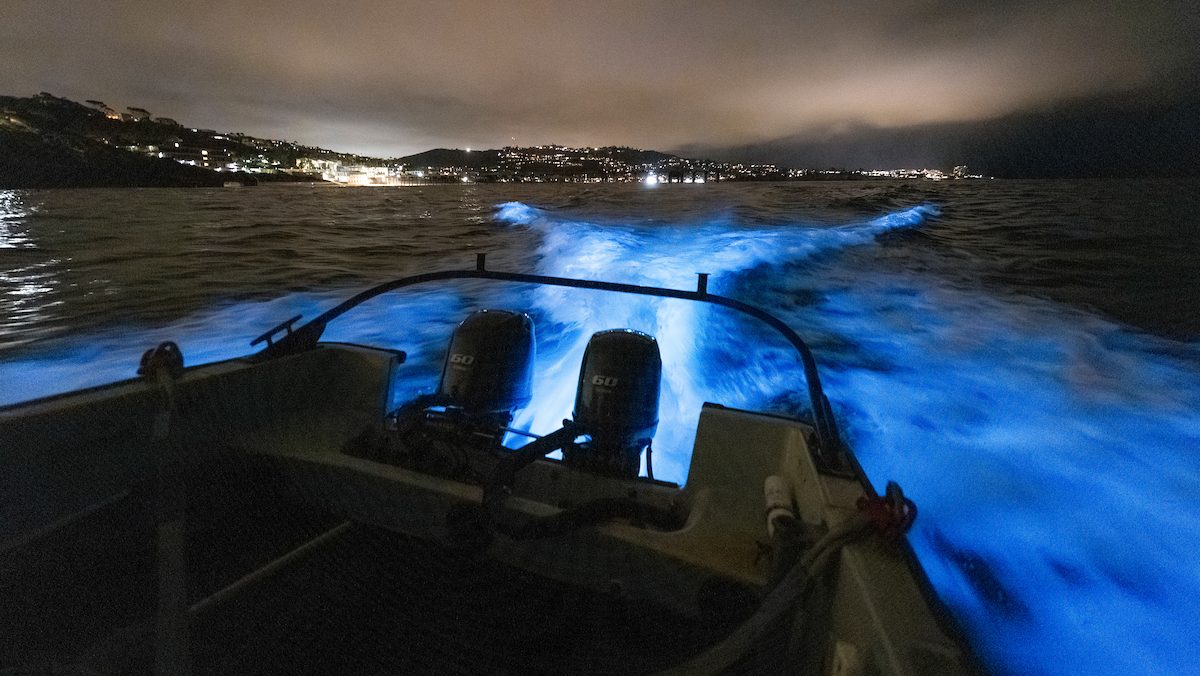The homeless crisis in San Diego County is getting worse, according to numbers released last week by the Regional Task Force on Homelessness.
To help with the problem, city councilmembers voted Monday, in closed session, to authorize the city to file an amicus brief supporting the U.S. Supreme Court's hearing of a case challenging how the city of Grants Pass, Oregon, enforces its ban on homeless encampments.
“Cities like ours are working against courts that are often tying our hands when it comes to trying to address the urgent health and safety conditions that we find in our streets because of our collective homelessness crisis," Mayor Todd Gloria said.
In August, more than 1,400 people experienced homelessness for the first time and only 730 were housed, according to the Regional Task Force on Homelessness.
Get San Diego local news, weather forecasts, sports and lifestyle stories to your inbox. Sign up for NBC San Diego newsletters.
Mayor Gloria is hoping to tip the scales of justice in the city's favor, as cities like Grants Pass and San Francisco are being sued for how they’re enforcing camping bans.
"While we don't know that this will have any direct, immediate impact on our Uunsafe Camping Ordinance, it has the potential of making the work that we're doing, of transferring people from our sidewalks to our shelters and then to permanent housing much more difficult. That's why we can't sit on the sidelines," Gloria said.
Attorney Coleen Cusack said the idea that anyone who wants a shelter bed can have one is a lie. The homeless advocate has used the Oregon case to defend her homeless clients.
Local
She also cites Martin v. Boise, a case that says cities can't enforce encampment bans if they don't have enough shelter beds available
And while the city of San Diego is bringing hundreds of what they call "safe sleeping spaces" online to help house the homeless in the absence of shelter space, the courts could take issue with the sleeping spaces that are tents pitched outdoors.
“You could put 6,500 up of those and it wouldn't matter because the case says indoor has to be indoor. A tent outside is not an indoor shelter," explained Cusack.
While studies have shown the city falls short of shelter beds needed to house the homeless, Gloria said what he’s asking for is balance and leniency from the courts when it comes to enforcement, considering the city is living within the spirit of the law and trying to provide as much housing as fast as possible to those who are unsheltered.
Without enforcement ability, the mayor says, “We’re going to be left with a situation where there's really no repercussions for living on the sidewalks. And what I know for sure is that will mean the encampments will continue to grow and expand, and that is just not tenable. That will consign the most vulnerable among us to die on our sidewalks."
"Every single study that's out there shows that criminalization makes homelessness worse, longer and more traumatic,” said Cusack. “By adopting these policies, you're doubling down on crime, on homelessness. You're going to make populations expand more than they already are.”



